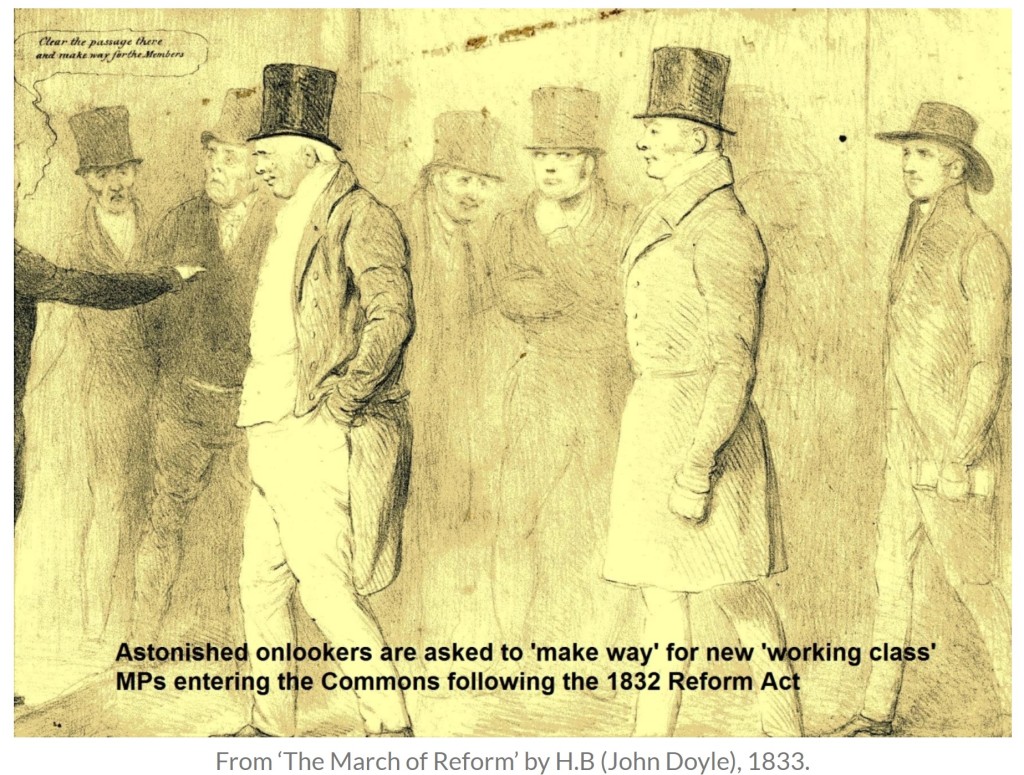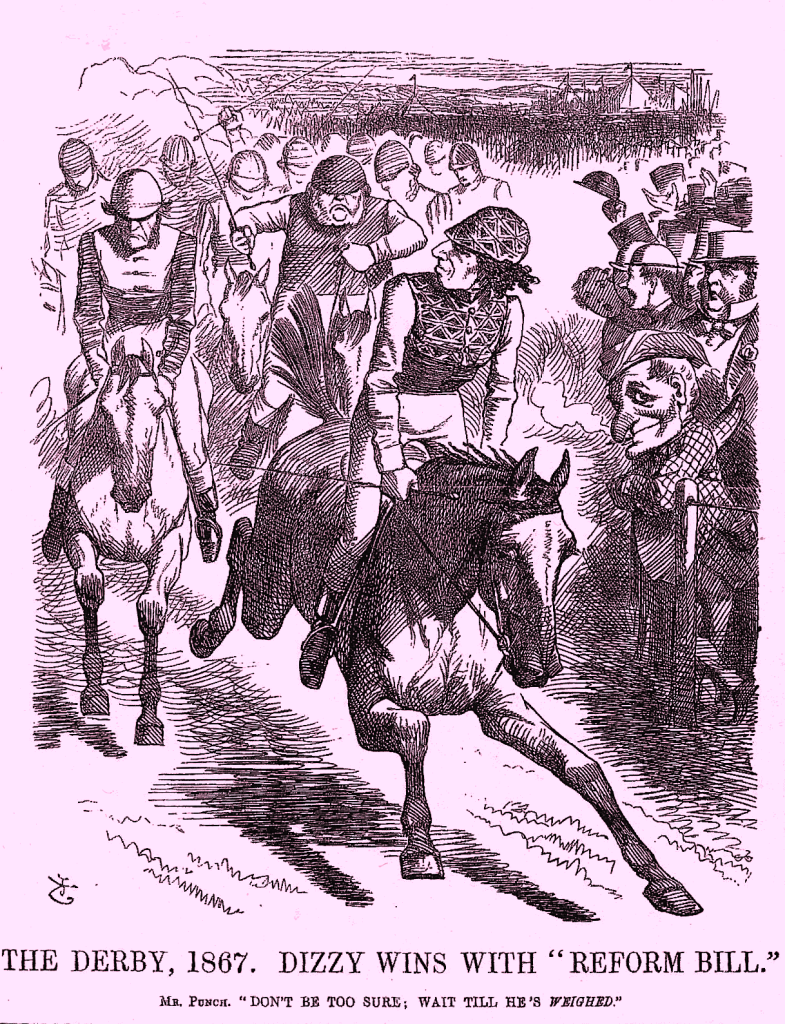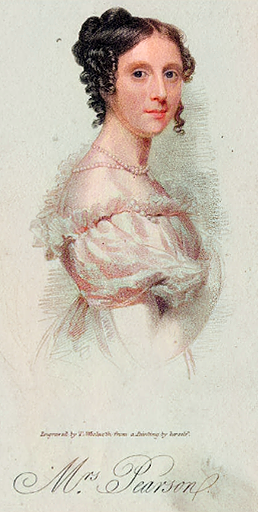Here’s wishing all our readers a very happy 2024. In case you missed any of our blogs in what was a busy year, here’s a quick look back at our 2023 posts. These included many guest contributions alongside blogs drawing on our discoveries researching the 1832-68 House of Commons.
As always the impact of the 1832 Reform Act on the structure of politics and culture of elections remained a key theme. In a blog based on her conference paper at UEA, Kathryn Rix updated us on the changing backgrounds of MPs and influx of non-elites post-1832. She also took a closer look at the difficulties with oaths encountered by the very first Quaker MP Joseph Pease. Martin Spychal summarised his recent research on England’s reformed electoral map and constituency boundaries (also the subject of his forthcoming book.) Election rituals and organisation were covered in posts by Kathryn about the chairing ceremony and by Stephen Ball on the ‘genius’ Conservative agent John Frail.

Not everything, of course, was reconfigured by reform. Some of the limits to change were explored by Philip Salmon in his UEA paper about the survival of older, non-partisan traditions and cross-party voting after 1832. He also reminded us about the unreformed custom of ‘marrying for the vote’, an electoral anachronism that gave women the power to ‘enfranchise’ their husbands, which survived briefly beyond 1832. The use of the horse and equestrian terminology to conceptualise and popularise politics in the Victorian era provided another element of continuity with pre-reform political culture.

This year’s conference collaborations between the History of Parliament and the University of East Anglia (April) and Durham University (July) produced a bumper crop of papers on 18th and 19th century politics. Many of these revealed the similarity of some practices across different eras. Papers by our Georgian Lords colleague Robin Eagles and the ECPPEC project team, in particular, highlighted the activities of non-electors, women and non-elites in ways that correlate closely with our work on the later Victorian period. Sarah Richardson, in the first of our guest blogs, focussed on the role of widows in local polls and in early debates about women’s suffrage. Another form of female involvement in politics was explored by Jeremy Crump in his post about Mary Pearson, the ‘political portraitist’ wife of a Lambeth MP. Guest blogs surveying the many papers delivered at the Durham conference were kindly contributed by George Palmer (University of Cambridge), Erin Geraghty (University of Nottingham), Helen Sunderland (University of Oxford) and Patrick Duffy (Trinity College, Dublin).
Research on the 2,591 MPs elected between 1832 and 1868 remains a core component of our work on the Victorian Commons, with fresh political and personal insights always emerging. Possibly the most violent MP of the period was profiled by Martin Spychal in his post about John Patrick Somers. Martin also explored Victorian attitudes to mental illness with his assessment of Sir Henry Meux. A guest blog by an MP’s descendant told the ‘rags-to-riches’ story of William Schaw Lindsay, who rose from being a destitute orphan to owning one of the world’s largest shipping companies. Meanwhile Richard Cobden, arguably the Victorian era’s greatest campaigner, provided the inspiration for a school’s essay competition co-hosted by the History of Parliament and the Letters of Richard Cobden Online project at Leeds Beckett University. Helen Dampier, one of the project’s co-investigators, revealed how these recently digitised letters help to shed new light on Cobden’s ‘human side’.
No summary of 2023 would be complete without paying tribute to Paul Seaward, who retired as the History of Parliament’s director after 22 years in December 2023. Paul was instrumental in planning and developing the 1832-68 House of Commons project in its formative stages and has been a massive source of inspiration and detailed knowledge about the workings of Parliament ever since. We’re delighted that a Victorian specialist and biographer of Lady Derby, Jennie Davey, has recently taken up his reins and will be helping to spur us on towards our final straight!


